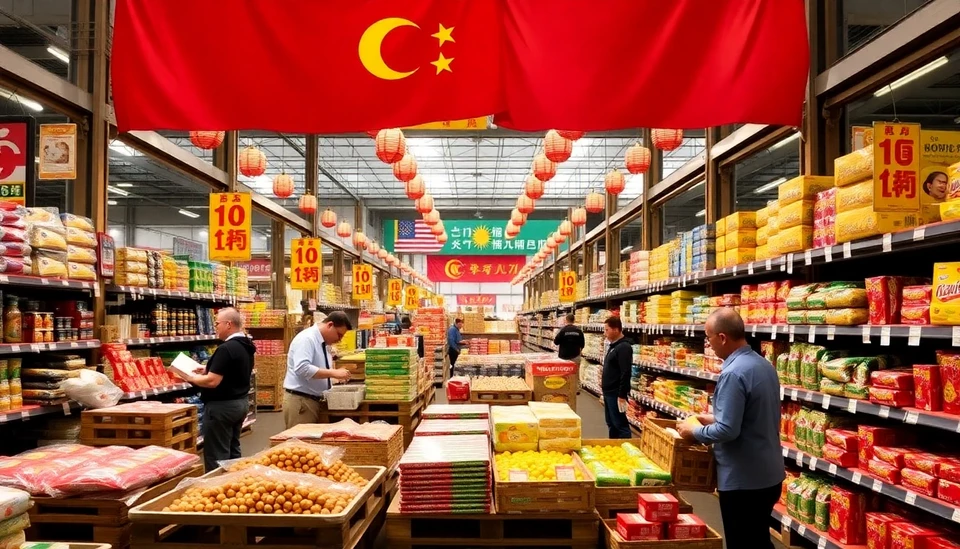
In a significant shift aimed at protecting its local industries, Malaysia is taking steps to implement anti-dumping reforms to curb the increasing volume of Chinese products flooding its market. This move comes amid concerns from various sectors about the competitive pressure and the potential detrimental effects on domestic producers.
The Malaysian government has expressed its intention to introduce a new framework to address the challenges posed by the surge in imports, particularly from China. This initiative reflects a growing recognition within the country about the need to support local businesses while ensuring fair trade practices. With the global supply chain dynamics shifting, countries like Malaysia are reconsidering their trade policies to safeguard their economic interests.
Officials from the Ministry of International Trade and Industry (MITI) have indicated that they are actively reviewing existing trade regulations and are poised to introduce measures that can effectively control unfair pricing practices. The new reforms are expected to enhance Malaysia's ability to investigate and take action against foreign products sold at artificially low prices, which could undermine local manufacturers.
Analysts have highlighted that the current legislative framework may not be sufficient to deal with the complexities of modern trade where multinational corporations often engage in significantly lower pricing strategies. The proposed reforms aim to close the existing gaps and provide a more robust mechanism for local businesses to contest unfair trade practices.
Industry leaders have welcomed the proposed changes, asserting that they are vital for ensuring a level playing field. Many local manufacturers have raised alarms about the unsustainable competition they face from cheaper imports that undermine their productivity and profitability. According to various reports, sectors like textiles, furniture, and electronics have particularly felt the brunt of this competition.
In light of these developments, stakeholders from different sectors are being engaged to share their insights as part of the consultation process. This collaborative approach is aimed at crafting policies that reflect the needs and realities of the local market, while also adhering to international trade obligations.
The timeline for the implementation of these reforms has yet to be finalized, but the government is keen on moving swiftly to enact these changes to provide immediate relief to affected industries. Increased vigilance on import practices is expected as part of the broader strategy to create a more sustainable trading environment.
As Malaysia navigates this complex trade landscape, the forthcoming anti-dumping reforms are being seen as a critical step not only for protecting local industries but also for reinforcing the country's commitment to fair trade practices in the face of globalization challenges.
Moving forward, it will be crucial for the Malaysian government to balance the interests of local industries with the benefits that foreign trade can bring, ensuring that any reforms do not inadvertently isolate the country from potential trade opportunities. However, the urgency of the matter cannot be overstated, and the upcoming legislative changes could represent a turning point in how Malaysia approaches its trade relationships, particularly with China.
As the situation evolves, many will be keeping a close eye on the proposed reforms' impact on both local markets and broader economic relations within the region.
#Malaysia #AntiDumpingReforms #TradePolicy #ChineseGoods #LocalIndustries #MITI #EconomicProtection
Author: Daniel Foster




